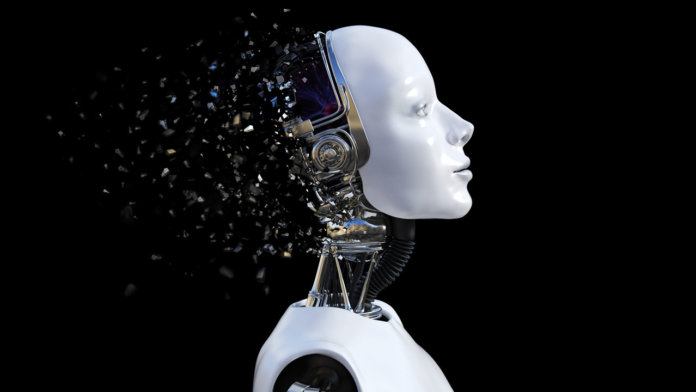Artificial intelligence (AI) is still in its infancy, but is already being used in a number of areas, from medicine and agriculture to traffic, building systems for the "smart home" and automatic translation.
Here we take a look at some of the major AI trends that Forbes, Computerworld, Interesting Engineering and other industry publications believe will be the most important AI trends in 2020.
10. Ethical considerations will become more important in the development of AI
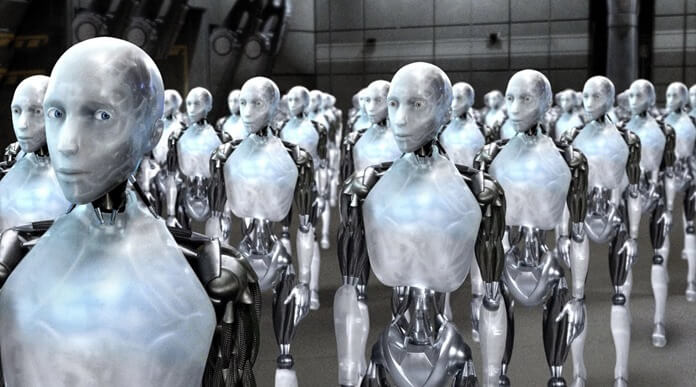 As AI grows smarter (but not yet enough to proclaim "Glory to the robots!" And conquer humanity), developers have to pay increased attention to the ethical aspects of their work.
As AI grows smarter (but not yet enough to proclaim "Glory to the robots!" And conquer humanity), developers have to pay increased attention to the ethical aspects of their work.
The ethical framework for the development and use of AI is designed to define how people should develop and use their creations, as well as how AI should definitely not be used.
Many scientists and even writers devote their works to the problem of interaction between humans and AI, for the sake of brevity called "roboethics". The simplest example is "The Three Laws of Robotics" by science fiction writer Isaac Asimov. Some experts argue that 2020 is the right time to turn Asimov's concepts into law, before truly advanced AIs emerge.
9. Chatbots Will Take Over Internet Business
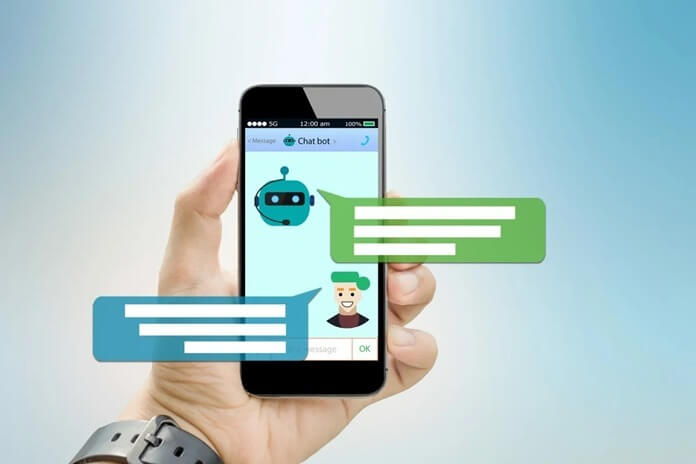 Chatbots - programs for conducting a dialogue with a client using text or voice commands - have long been established on the sites of many Russian and foreign online stores.
Chatbots - programs for conducting a dialogue with a client using text or voice commands - have long been established on the sites of many Russian and foreign online stores.
And in 2020, according to Forbes experts, a chatbot is a must for almost every e-commerce and SaaS platform. It is available 24 hours a day, unlike human operators, and is great at helping to retain customers by answering typical questions.
8. AI will be actively used in computer graphics
 One of the trends that we will observe in 2020 is related to the active use of artificial intelligence in computer graphics. This will help create more photorealistic effects, such as creating the most lifelike vehicles and characters in movies and games.
One of the trends that we will observe in 2020 is related to the active use of artificial intelligence in computer graphics. This will help create more photorealistic effects, such as creating the most lifelike vehicles and characters in movies and games.
Recreating a realistic copy of metal on the screen, the dull sheen of wood or leather is usually a very laborious process. It requires from a human artist not only experience, but also patience. And AI can do this hard work faster and without nerves. NVIDIA, for example, has been working on this for several years already. The company's engineers are using artificial intelligence to create cheaper, faster methods for rendering hyper-realistic graphics in PC games.
7. AI will be applied in the field of cybersecurity
 According to Computerworld's recent 2020 Technology Trends Survey, 43.9% of people are most excited about the adoption of AI technologies to protect networks, applications and data from digital attacks. This is not surprising given the rise in the number of crimes in this area.
According to Computerworld's recent 2020 Technology Trends Survey, 43.9% of people are most excited about the adoption of AI technologies to protect networks, applications and data from digital attacks. This is not surprising given the rise in the number of crimes in this area.
Organizations need help identifying threats and preventing data breaches, and impartial artificial intelligence can make up for the shortage of cybersecurity professionals.
6. Deepfake will get even better ... that is, worse
The technology with which you can perform face swap in video allows you to create very funny videos. But it also opens the door to disturbing consequences that could potentially damage or destroy a person's reputation in the real world.
Deepfakes are already becoming very difficult to distinguish from real video, and will we be able to say with certainty in the future what is fake and what is not? This is very important, as a deepfake can easily be used to spread political disinformation, corporate sabotage, or even intimidation.
Google and Facebook have attempted to forestall possible negative aspects by releasing thousands of deepfake videos to teach AI to distinguish between them. Unfortunately, many times even AI has been stumped.
5. AI will become one of the main tools for marketers
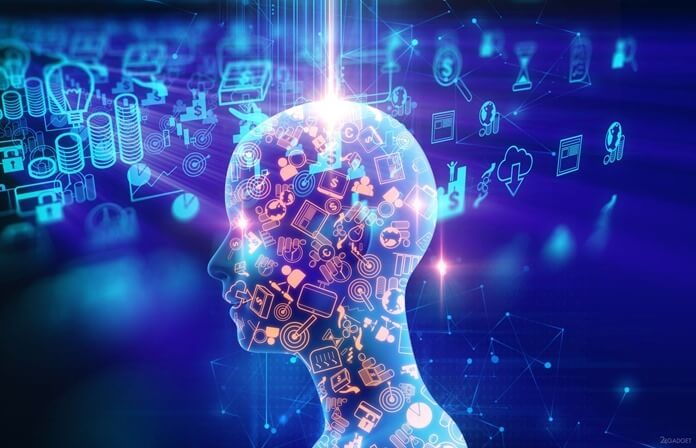 Understanding customer behavior is one of the cornerstones of a successful business, and AI algorithms help businesses and marketers collect this data quickly and efficiently.
Understanding customer behavior is one of the cornerstones of a successful business, and AI algorithms help businesses and marketers collect this data quickly and efficiently.
As a result, users receive personalized offers based on their preferences in a particular online store.
Forbes predicts that in 2020, AI-powered personalization of marketing will expand to all online e-commerce platforms.
4. Face recognition will appear in more places
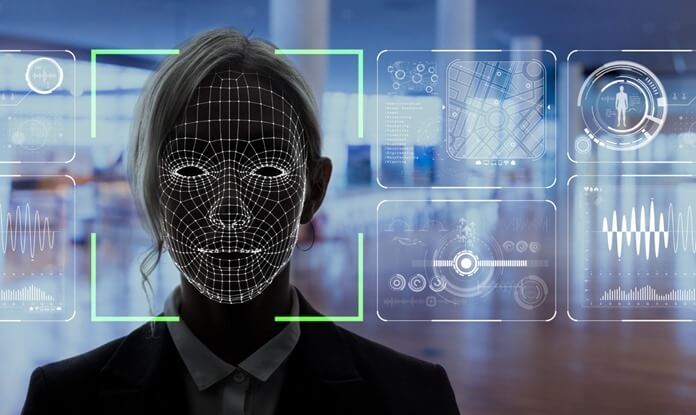 Face recognition is one of the most important AI trends in 2020. This technology is used by private organizations, airport security services, and even in everyday life, for example, to unlock your smartphone.
Face recognition is one of the most important AI trends in 2020. This technology is used by private organizations, airport security services, and even in everyday life, for example, to unlock your smartphone.
In 2020, artificial intelligence will increasingly be used to recognize and track the location and movement of various people. Some programs can even help identify specific people by analyzing their gait and heartbeat.
3. Predictive text will become even more accessible
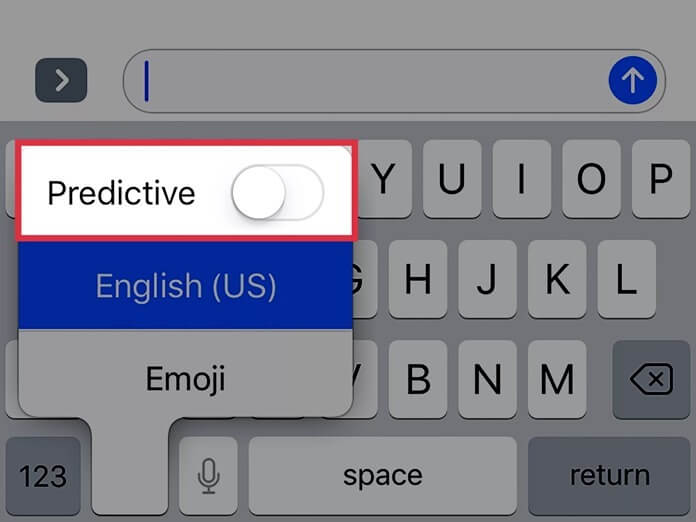 "Smart" electronic text will gradually migrate from mobile devices to computers. It is already being tested on services like Gmail.
"Smart" electronic text will gradually migrate from mobile devices to computers. It is already being tested on services like Gmail.
When used correctly, it can help users write messages much faster, and can be especially useful for people with disabilities who have difficulty typing.
How this will develop in 2020 is anyone's guess, but it looks like predictive text input could very quickly become a familiar and rewarding part of our lives.
2. Digital health is here
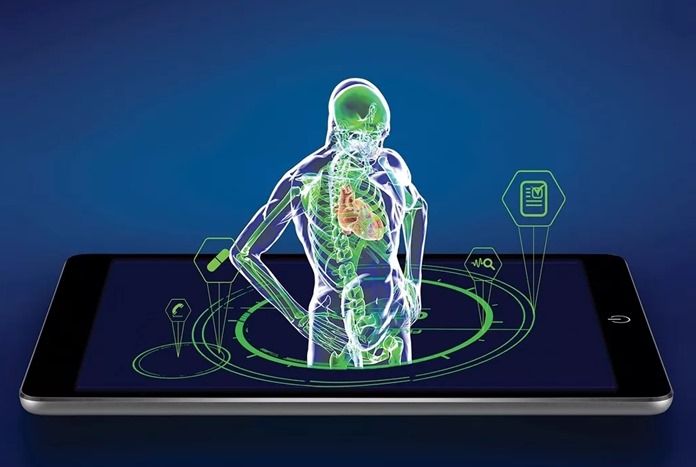 In developed countries, digital health is not about sweet promises from the government, but a lifestyle. This year, at CES 2020, about 150 exhibits were presented, which included technologies for normalizing sleep, technologies for monitoring the health of a child, mom, etc.
In developed countries, digital health is not about sweet promises from the government, but a lifestyle. This year, at CES 2020, about 150 exhibits were presented, which included technologies for normalizing sleep, technologies for monitoring the health of a child, mom, etc.
With the advancement of AI and 5G, 2020 will see the shift from “telemedicine-based symptoms to factual data” begin, and doctors will have wide access to real-time video and similar data to facilitate patient monitoring.
1. AI will help optimize production
Remember the fully automated droid factory in one of the Star Wars episodes? Well, this is still a long way off, but autonomous production lines powered by AI will be with us in the not too distant future.
This promises to cut costs, improve product quality and reduce energy consumption for those organizations that invest in the technology.A side effect of all these benefits is the loss of jobs for many people.

